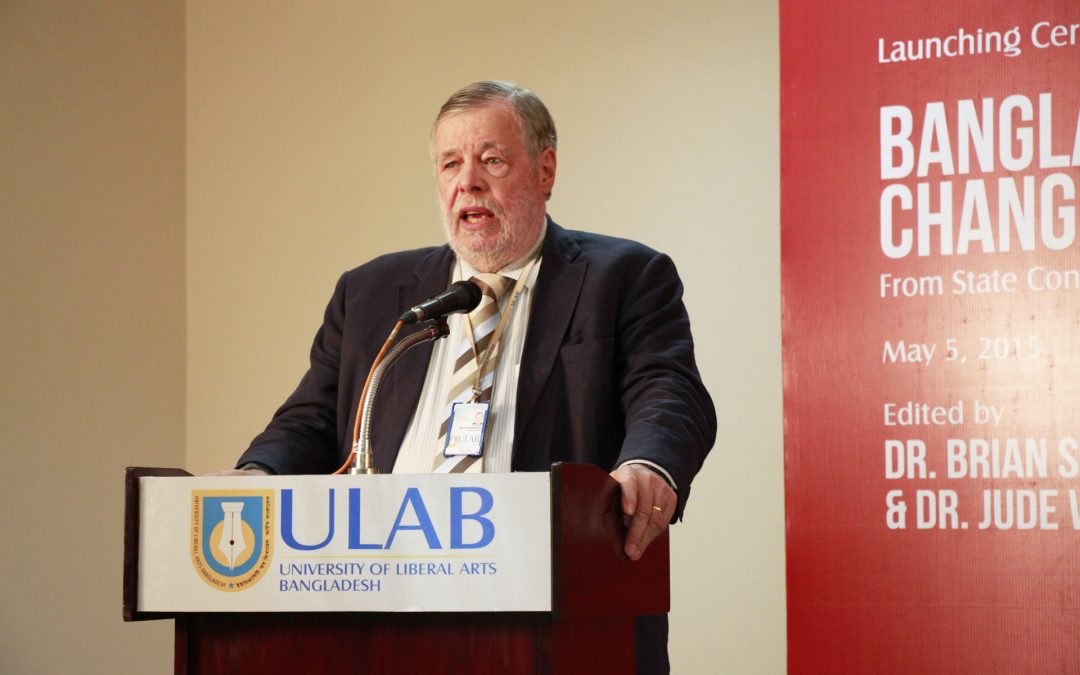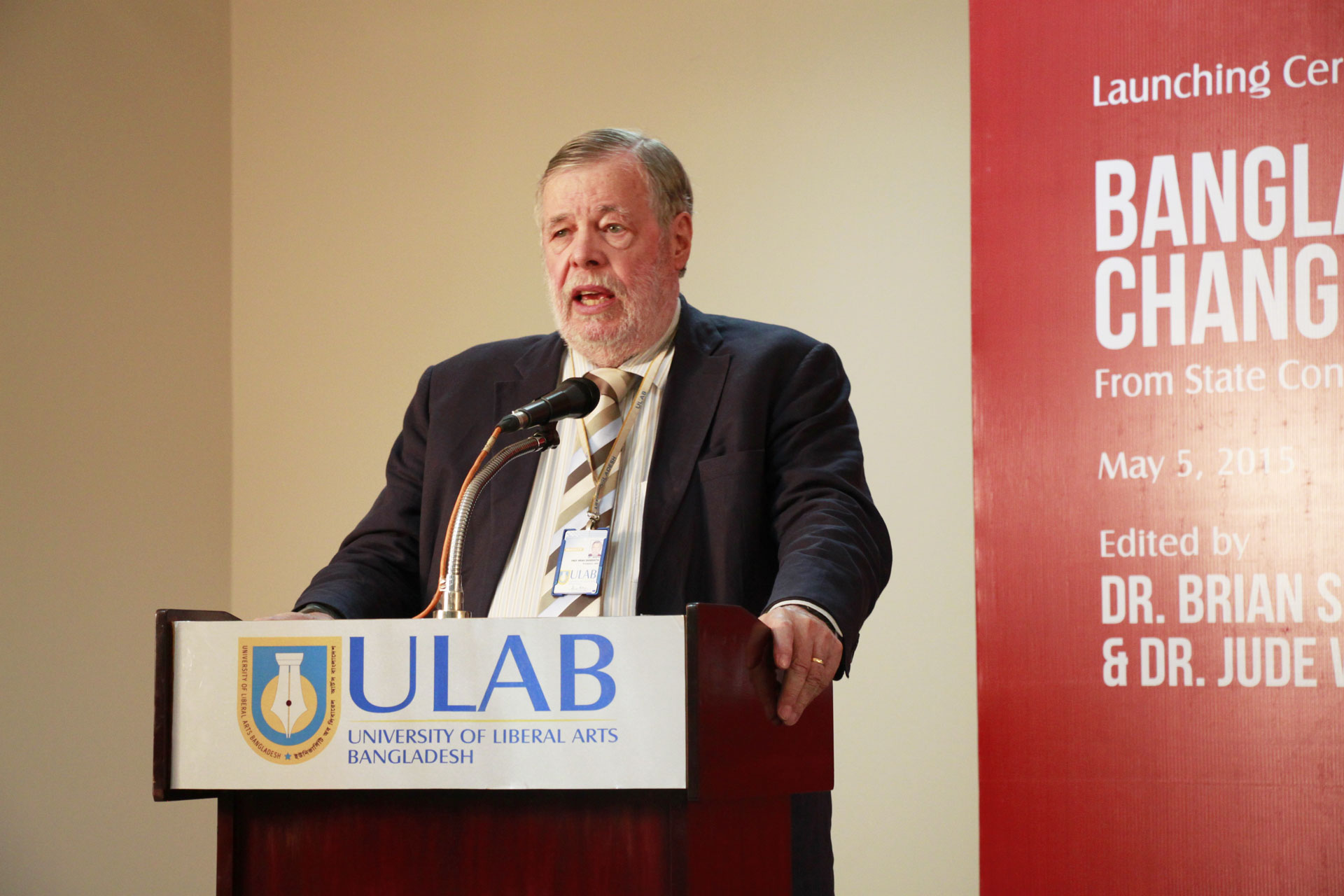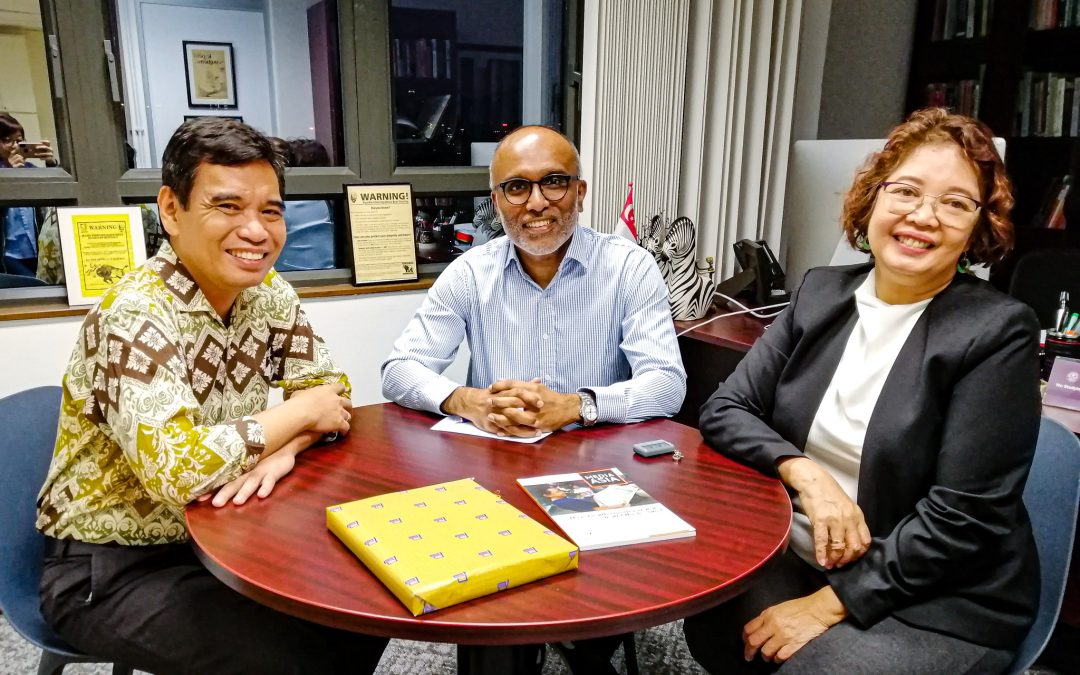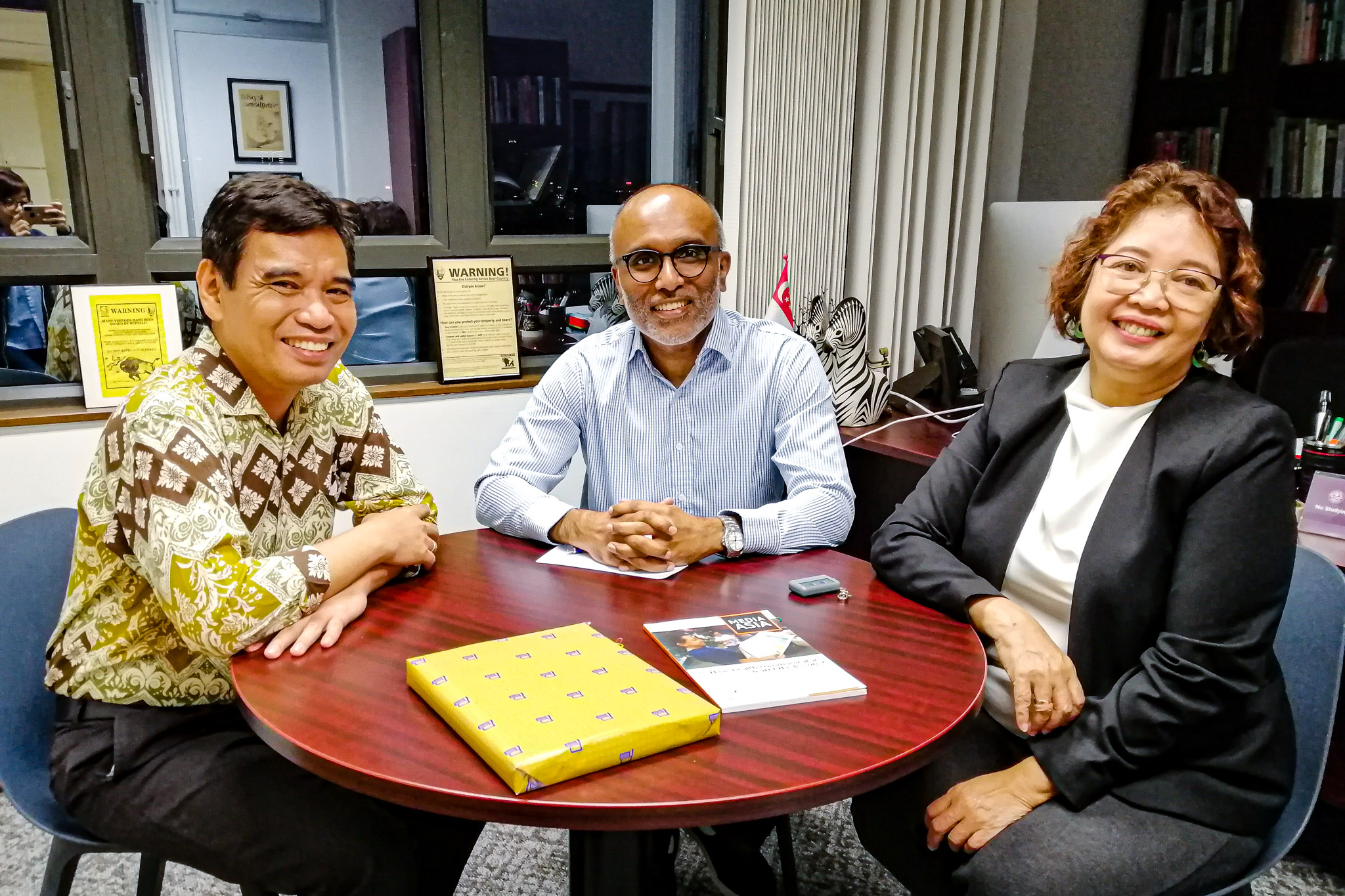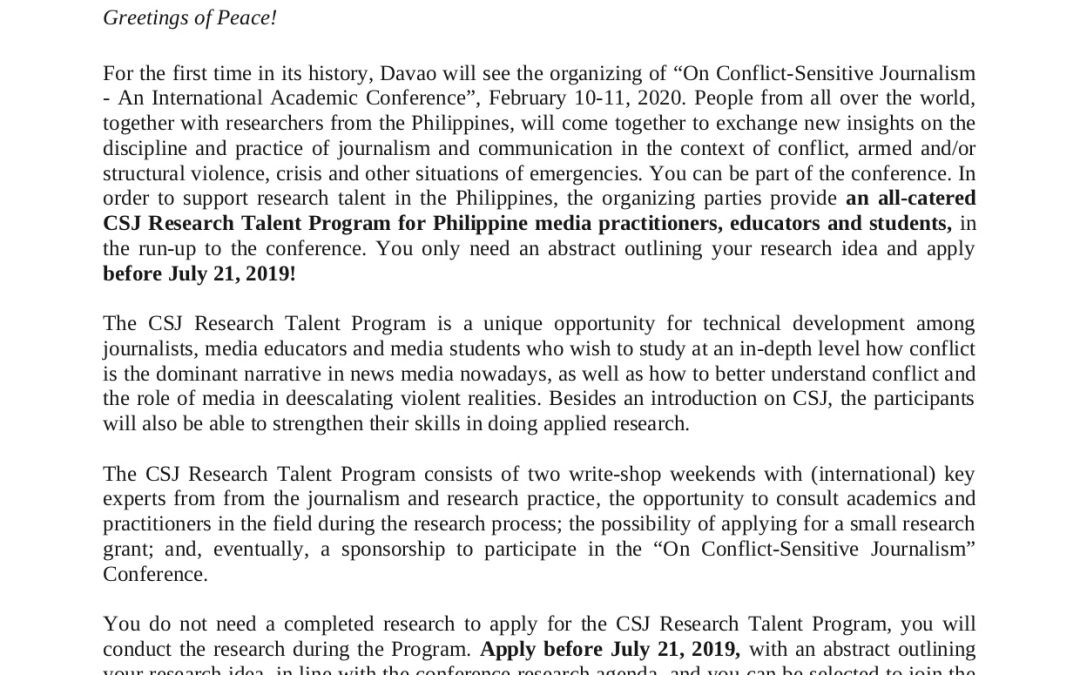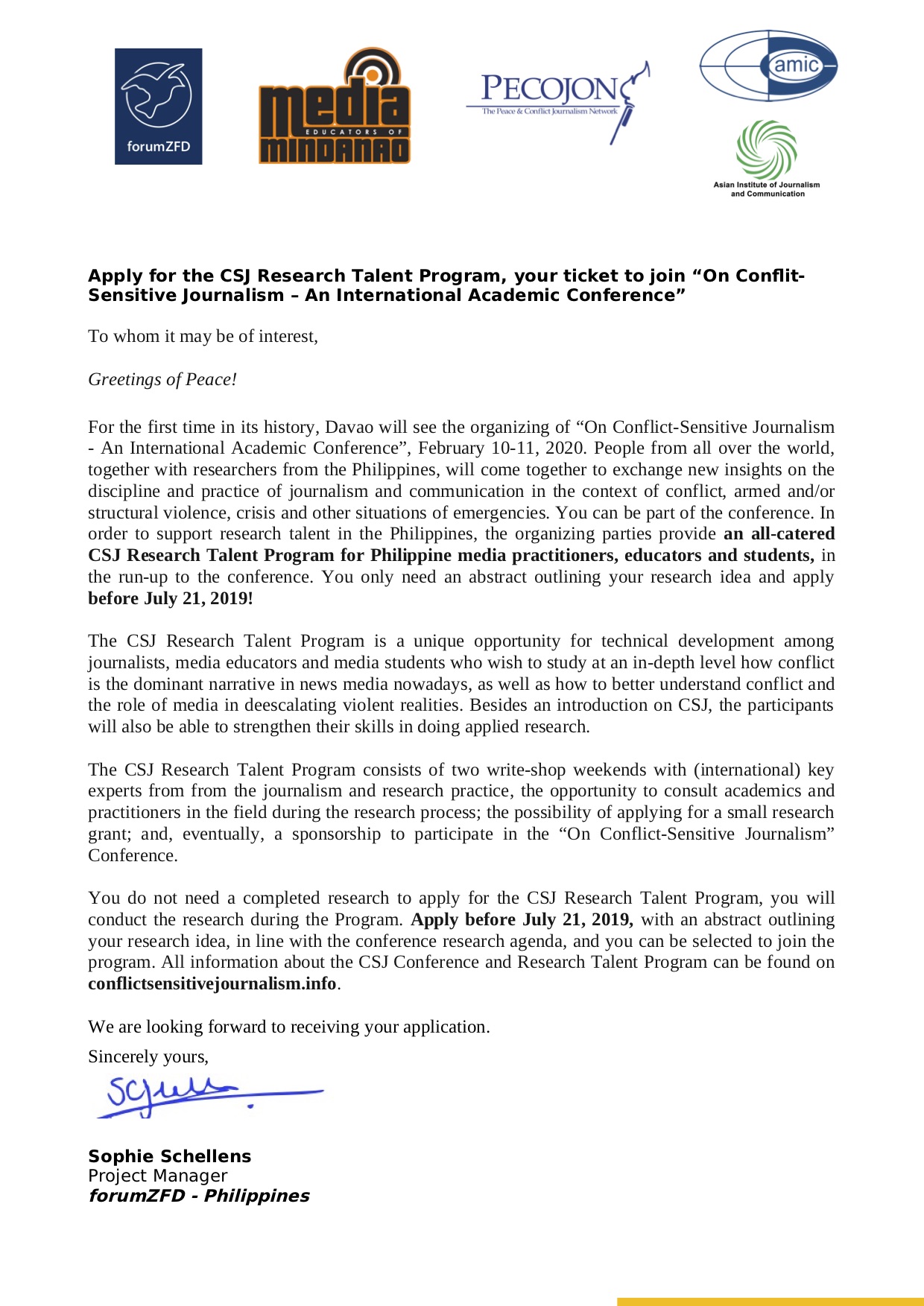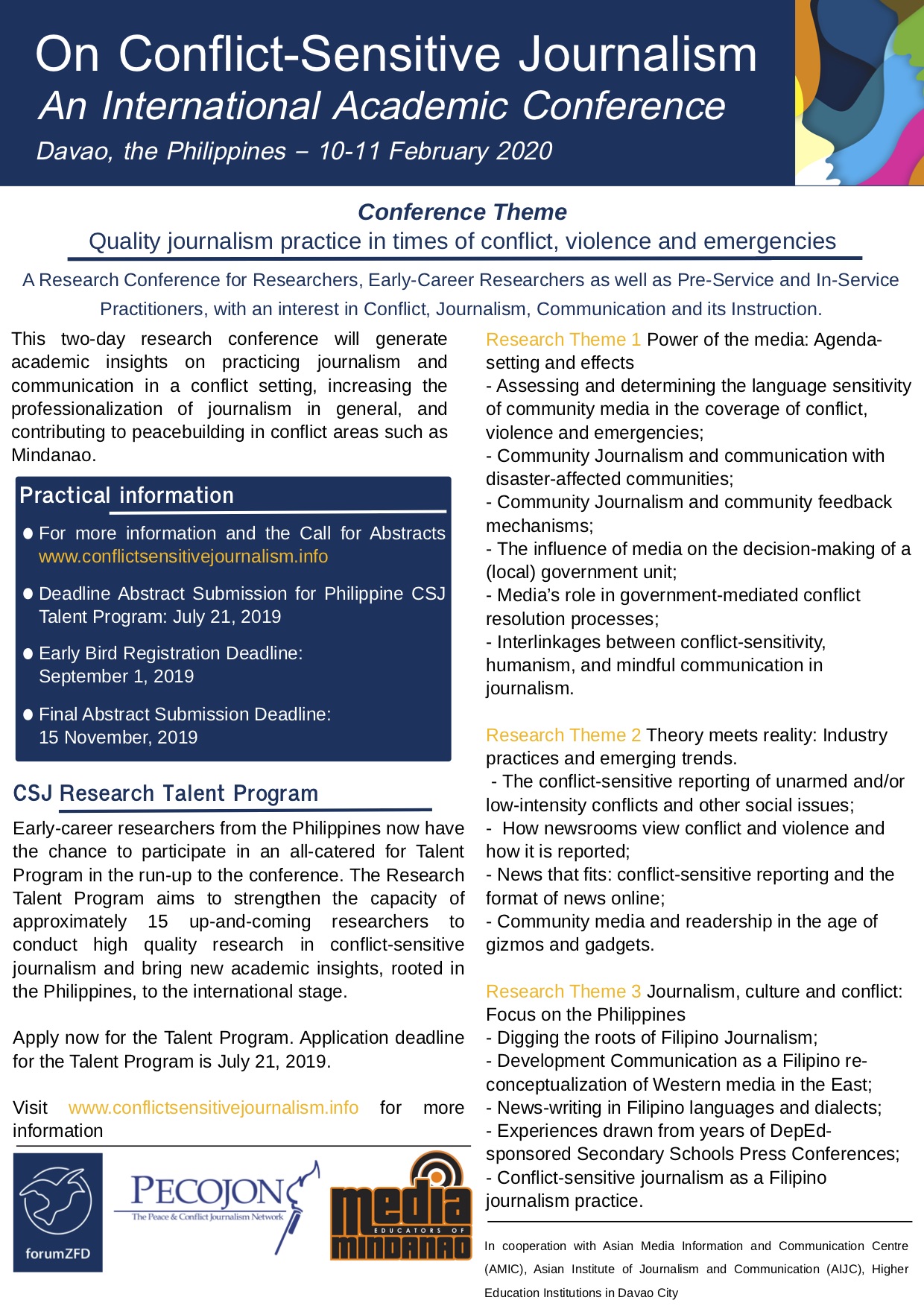Call for papers (abstracts due 7 February 2020)
‘Living with Digital Platforms in Asia-Pacific: Everyday Life, Participation, Policy, and Rights’
Special issue of Asian Journal of Communication
Edited by:
Gerard Goggin (Nanyang Technological University, Singapore)
Titik Rahayu (Universitas Airlangga, Surabaya, Indonesia)
Internationally, the rise of digital platforms is a highly visible phenomenon in contemporary media and communications and social life. This special issue puts the spotlight on the prefiguring, incubation, and emergence of, and contests over, digital platforms in the Asia Pacific region.
It aims to bring together research, perspectives, proposals, provocations, and debate on questions such as:
- What are the business models, economics, and service offerings of digital platforms in the Asia-Pacific region?
- What are the socio-political and economic challenges for startups in developing countries to develop new digital platforms and compete with established multinational corporations?
- How do digital platforms circulate and operate across and within the Asia and Pacific regions? What are the connections between digital platforms in Asia and other regions, as well as global digital platforms?
- How do digital platforms figure in everyday life in Asian and Pacific settings, and what are their socio-cultural dynamics and implications?
- What are the social imaginaries of Asian and Pacific digital platforms?
- What theories and concepts are elicited by, and are suitable for, researching Asian and Pacific digital platforms?
- What is the state of play for digital platforms in relation to social, political, cultural, and other forms of participation?
- What are the policy issues being raised by digital platforms in Asian and Pacific contexts, and how are policymakers and regulators responding?
- Where do digital platforms fit into questions of inequality and social justice?
- What of the implications of digital platforms for communication and expression rights, as well as other human, social, and cultural rights?
- What are the alternatives to digital platforms being generated or debated in Asian and Pacific societies?
We welcome papers on these and other relevant aspects of digital platforms in Asia and Pacific. We are especially interested in research that addresses neglected or new case studies and dimensions of Asian digital platforms. Also we encourage papers that reflect upon and comment upon the research, practice, policy, and other agenda on digital platforms in Asia-Pacific contexts.
Please send a 300-500 word abstract for consideration by 7 February 2020 to the special issue editors:
Gerard Goggin, Nanyang Technological University (gerard.goggin@ntu.edu.sg);
Titik Rahayu, Universitas Airlangga (titik.rahayu@fisip.unair.ac.id)
Following notification of acceptance of abstract, full papers of 6000-9000 words will be due by 15 July 2020 (with full submissions due by 15 December 2020).
For more information on the Asian Journal of Communication, and its style requirements, see https://www.tandfonline.com/toc/rajc20/current.
